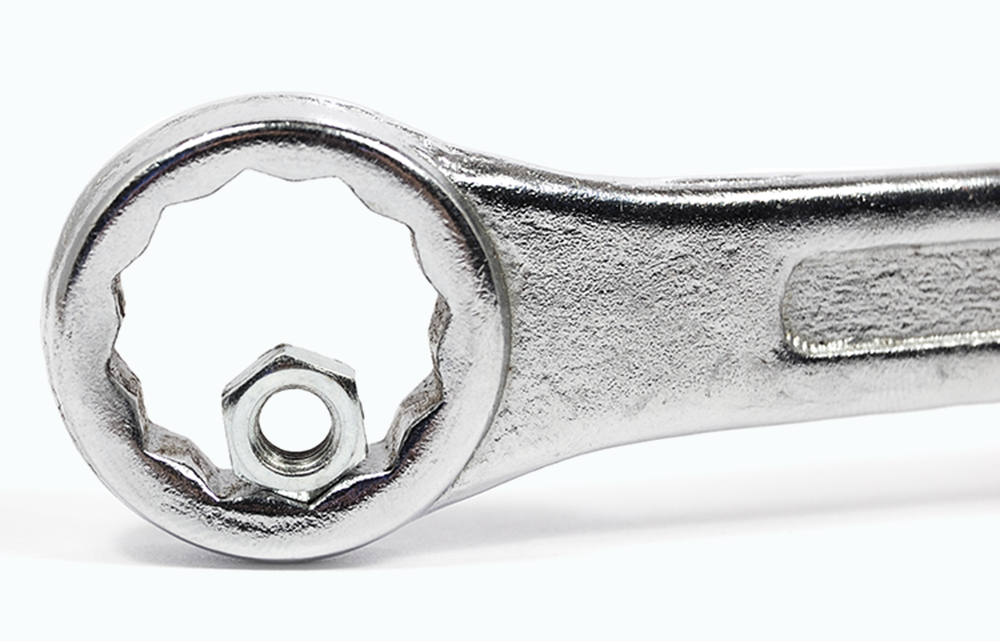Jobs in the Security Industry

When you hear the word ‘security,’ you might conjure up an image of uniformed men stationed at banks or clubs. However, that’s just a slice of the security sector pie. The field of security officers has grown exponentially, with the electronic, fire, and security sector particularly booming in the UK.
This article aims to throw light on the numerous career avenues available within this progressive industry, delving into the specifics of each role, the career progression opportunities and the rewarding paths they offer. The traditional image of security work is about to be shattered as we introduce you to an industry teeming with the developments, technological innovation, safe procedures, and strategic planning.
Tech-Driven Roles: Provision and Innovation
For the tech-savvy, this sector is a playground. The sector’s reliance on advanced technologies and the increasing need for robust measures have led to create an escalating demand for technically proficient individuals.
The roles of Engineers, Technicians and Security Officers are pivotal in this context. These professionals are responsible for the knowledge of the installation, maintenance, and troubleshooting of sophisticated systems such as CCTV setups, intruder alarms, and access control systems.
As an Engineer or Technician, you’re not just working with run-of-the-mill devices but state-of-the-art technology designed to offer the utmost in security. These roles require a keen understanding of electronic systems, an eye for detail, and the ability to handle high-pressure situations. In return, you’re offered a fulfilling career ensuring people’s security, a role in high demand in today’s security-conscious world.
There are a Wide Range of Careers Available
For those with previous experience there are a range of business and training opportunities to explore in the industry.
Security Systems Engineer: This role involves designing, installing, and maintaining various electronic systems such as CCTV cameras, intruder alarms, and access control systems.
Fire and Life Safety Specialist: These professionals focus on fire prevention measures. They conduct fire risk assessments, ensure regulatory compliance, and design fire detection and suppression systems.
Security Consultant: Security consultants provide expert advice on security measures, assess potential vulnerabilities, and develop robust strategies for businesses and individuals.
Monitoring Operator: Working in control centres, these operators keep a close watch on the security system, responding promptly to alarms or incidents to maintain a safe environment.
Security Systems Technician: Technicians are responsible for the routine checks and repairs of systems, ensuring they function effectively at all times.
Cybersecurity Professional: These professionals protect digital infrastructure, identify vulnerabilities, and implement measures to prevent cyber attacks.
Security Analyst: Analysts assess threats, conduct risk assessments, and develop protocols to protect against potential threats.
Fire Alarm Technician: These technicians install, test, and maintain fire detection and alarm systems, providing a crucial line of defence against fire incidents.
Systems Designer: Designers conceptualise and implement custom security solutions tailored to specific needs, requiring a solid understanding of security technology and strategic planning.
Risk Assessment Officer: These officers inspect and evaluate spaces for potential security risks, ensuring compliance with regulations and producing improvements.
Emergency Response Team Member: Working in this role requires quick thinking, crisis management skills, and resilience to respond effectively in emergency situations.
Security Sales Representative: These professionals are responsible for selling security solutions, requiring excellent communication skills and a thorough understanding of the products and services on offer.
Security Project Manager: These individuals manage projects within the security sector, overseeing installation, maintenance, and upgrade projects.
Network Security Engineer: These engineers protect the integrity of networks and data by managing cloud security, maintaining IT infrastructure, and ensuring seamless network communication for remote surveillance.
Data Privacy Expert: These professionals ensure that organisations’ data handling practices are compliant with privacy regulations, thereby protecting sensitive information and building customer trust.
Security Trainer: Trainers teach new recruits or update existing employees about the latest systems, technologies, protocols, and procedures.
Remember, each role has its unique requirements in terms of education, experience, and skill set. Researching the specifics of roles you’re interested in is a great step towards starting or advancing your career in the electronic, fire, and security sector. We have lots more about Jobs in Fire and Security on our website.
Full Time Job Opportunities Right Across the UK
The electronic, fire, and security industry offers a plethora of job opportunities across the entire United Kingdom, from the bustling cities in England like London, Manchester, Birmingham or Bristol to the more tranquil locations in Scotland and Wales like Cardiff or Aberdeen. The exact working days in the sector can vary considerably depending on the role and the nature of the organisation you are employed by. Traditional roles like Engineer, Fire and Life Safety Specialist, and Fire Alarm Technician typically work standard UK office hours, from Monday to Friday. However, given the critical nature of their work, some may be on-call or required to work extra hours during emergencies or system upgrades.
Roles such as Monitoring Operator, Emergency Response Team Member, and those involved in cybersecurity often operate on a 24/7 roster to ensure continuous surveillance and immediate response to incidents. This can involve shift work, with employees working a mixture of day, evening, and night shifts, often including weekends and public holidays. This reflects the round-the-clock nature of the security industry, where vigilance never sleeps. It’s worth noting that these varied schedules can offer flexibility for individuals looking for non-traditional work hours.
In the Line of Fire
Fire safety, a crucial aspect of the security industry, presents an array of business opportunities. This sector’s work extends beyond protecting assets—it’s about safeguarding lives and property from potentially devastating fire incidents.
Roles such as Fire Safety Officers and Fire Risk Assessors are integral to this cause. These individuals advise staff on fire procedures, ensure regulatory compliance, ensure the safety of and conduct thorough fire risk assessments. They act as a protective shield, their expert advice playing a key role in preventing disastrous incidents.
Fire Alarm Technicians are another crucial cog in the fire safety wheel. They install, maintain, and test fire detection and alarm systems, providing the members with a vital line of defence during fire incidents. Although their role may not involve superhero-style stunts, the lives saved through their dedicated work make them heroes in their own right.
Design and Consultancy: Tailored Security Solutions
For those with strategic thinking abilities and problem-solving prowess, design and consultancy roles in this sector could be a perfect fit. As a Systems Designer or Security Consultant, you’re entrusted with the task of conceptualising and implementing comprehensive security solutions that cater to individual needs.
These roles involve assessing client and security requirements, crafting customised solutions, regarding security incidents and advising clients on optimal protective measures. A solid grasp of security technology is a must, along with excellent communication skills to convey complex concepts effectively. These roles pose challenges but offer immense satisfaction and respect in return.
Broadening the Horizon
Beyond the aforementioned roles, the industry opens up numerous other doors. From sales and marketing of security solutions to the support and project management of installation and maintenance activities, there’s a role for various skill sets. Additionally, training and development roles are crucial for nurturing the next generation of security professionals.
Conslusion
The electronic, fire, and security sector is not just about landing a job – it’s about crafting a rewarding career for the successful candidate. Regardless of whether you’re a tech enthusiast, safe-conscious individual, team first, or a strategic problem-solver, this industry offers a role that perfectly complements and tests your skills. It’s time to break away from the conventional image of ‘security’ and embrace the dynamic opportunities within the electronic, fire, and security industry. Your next career move might just lie here.
Every Job is Easier if You Have the Right Tools
